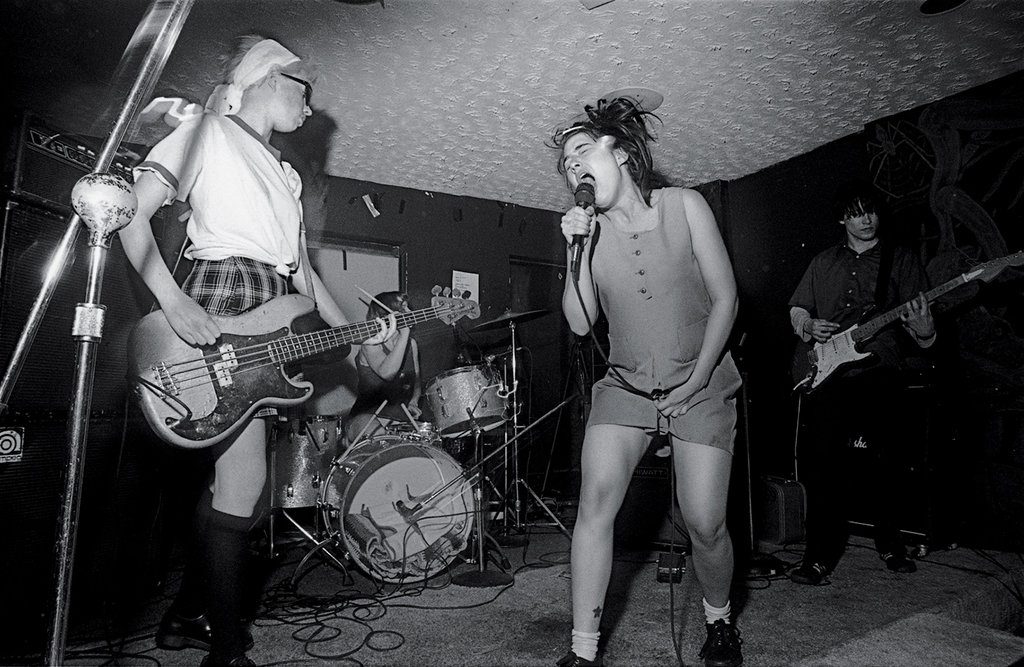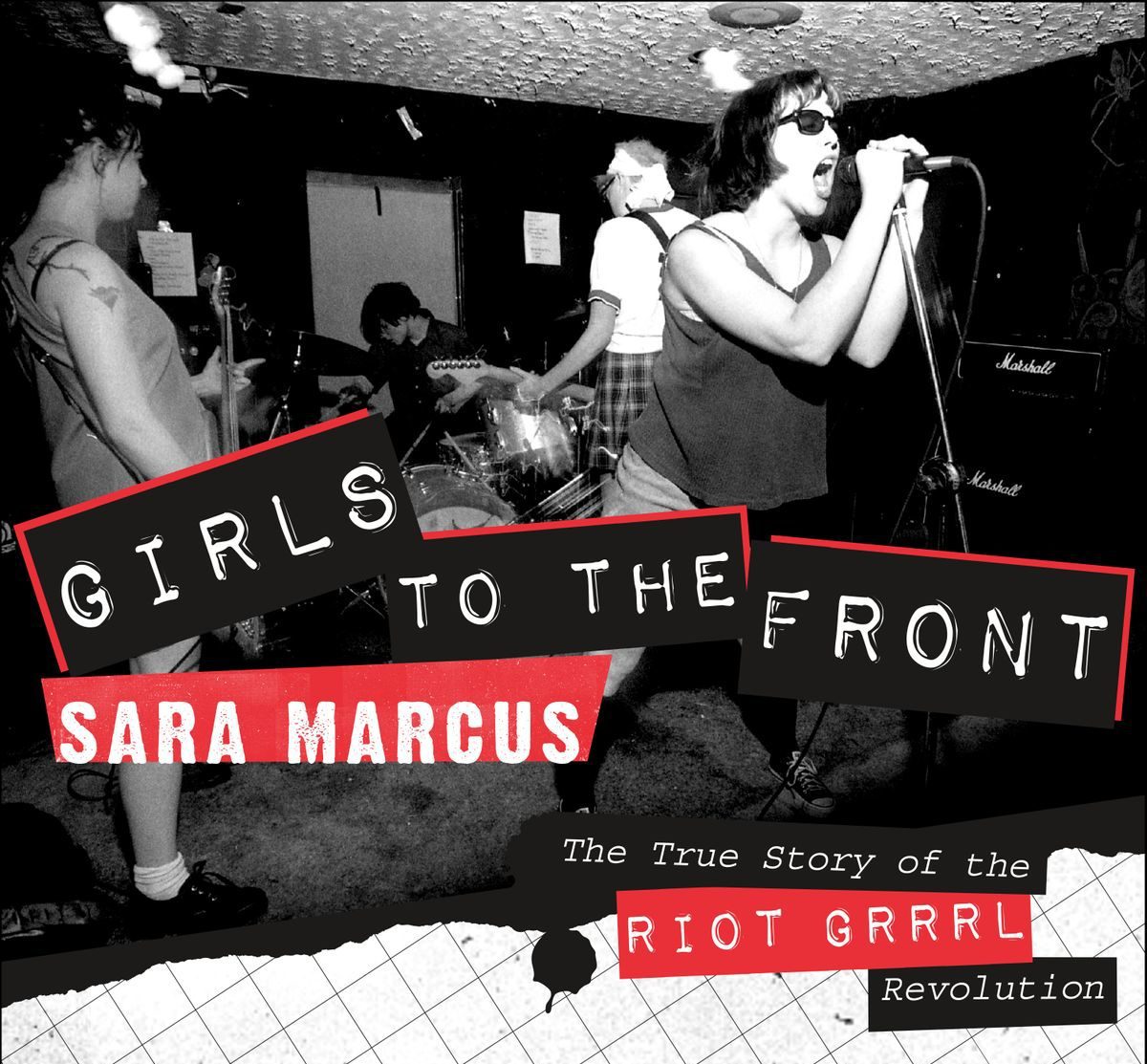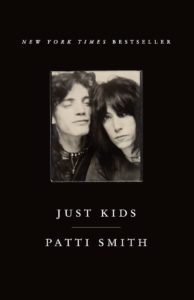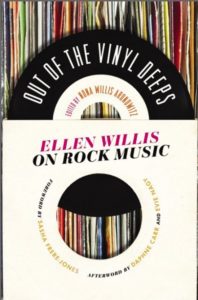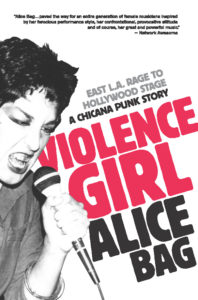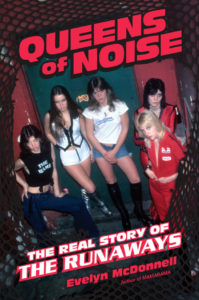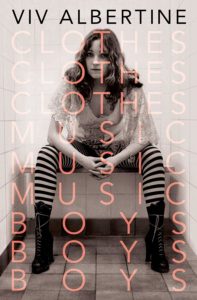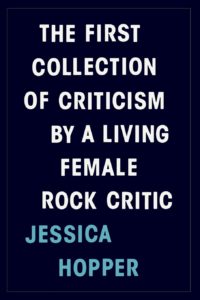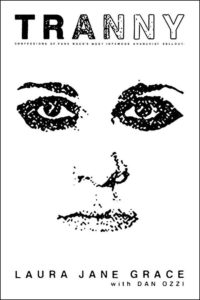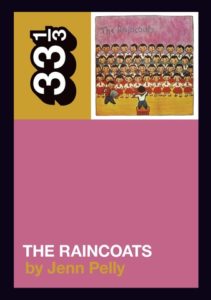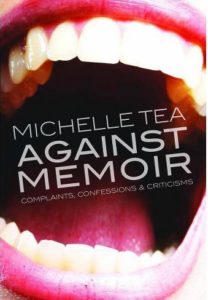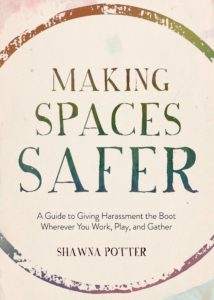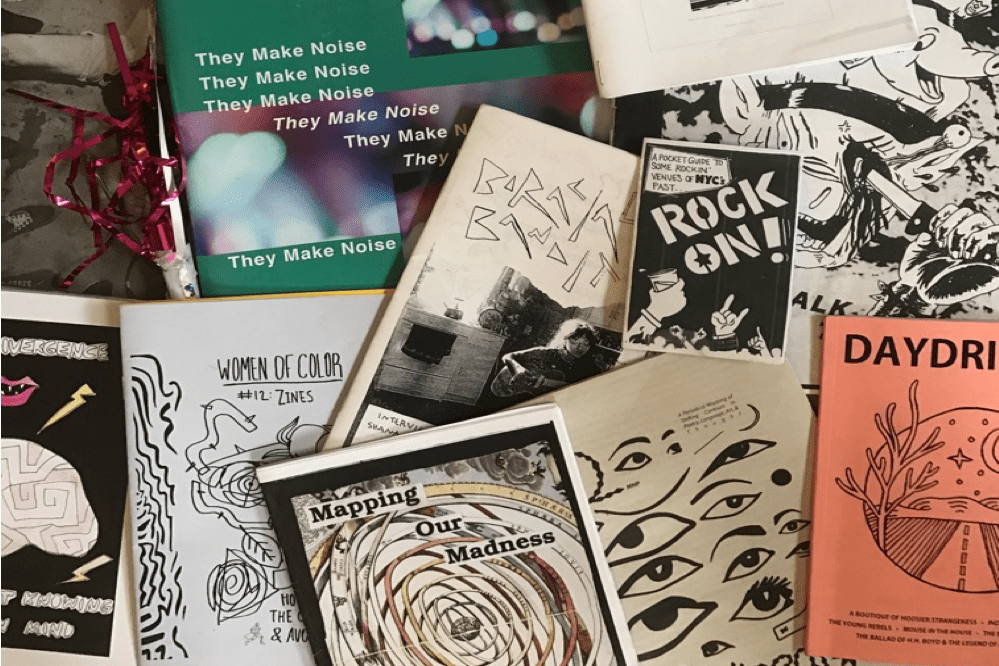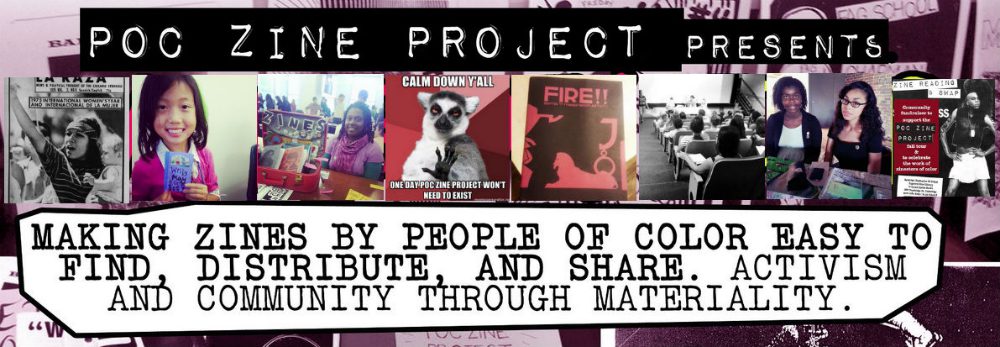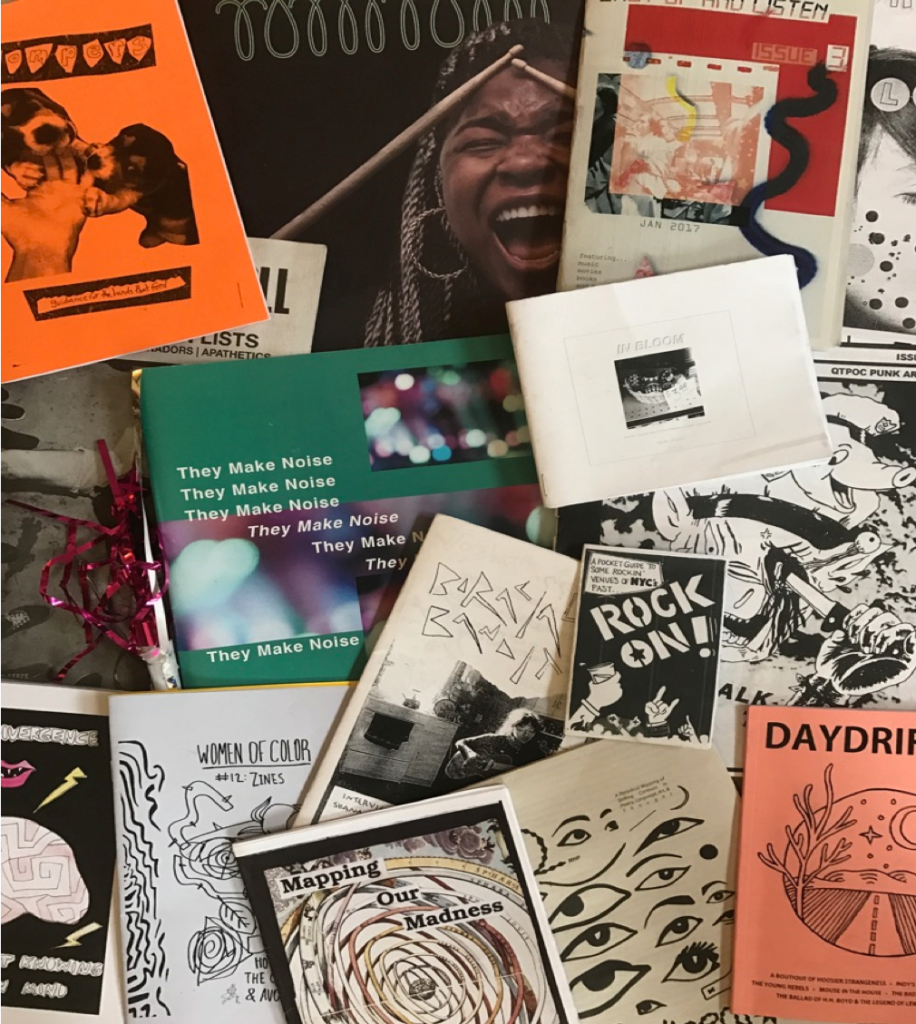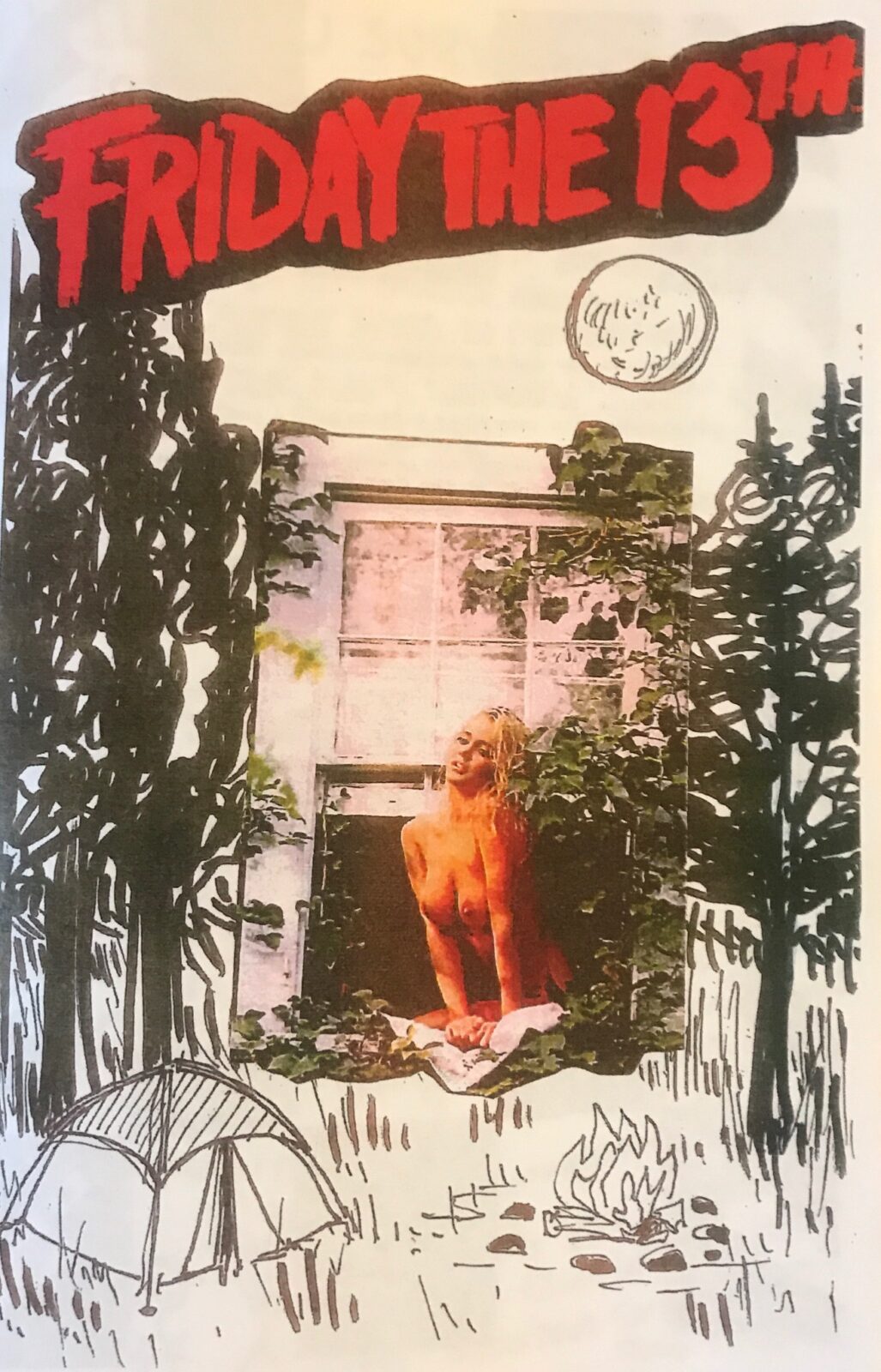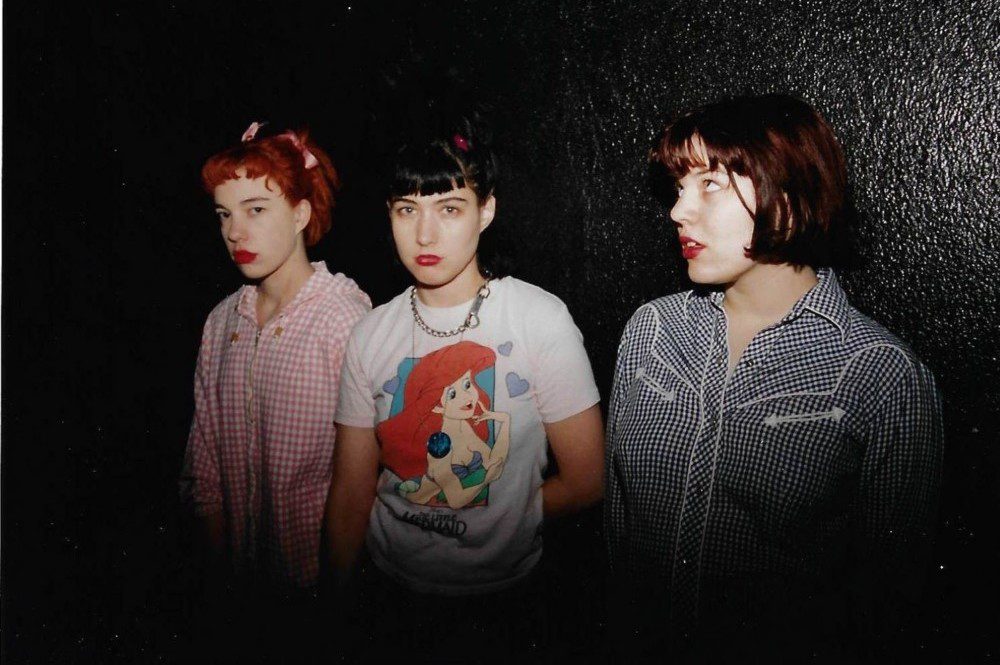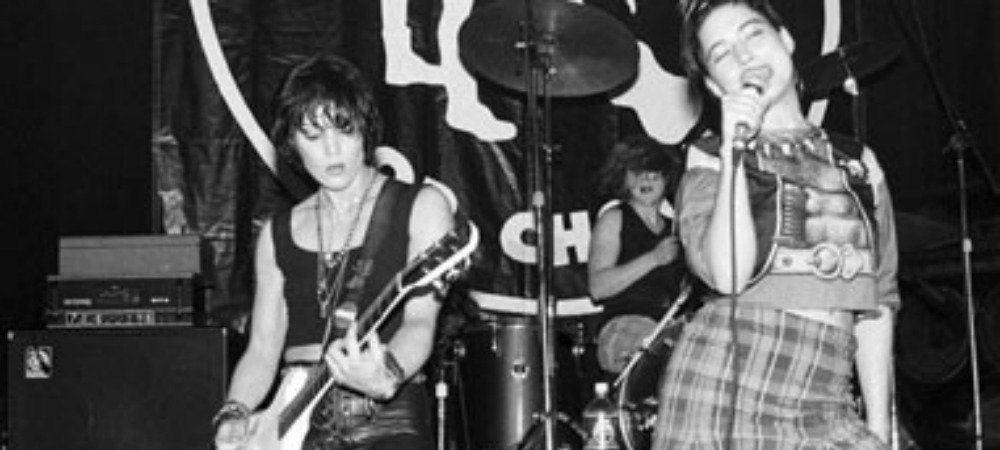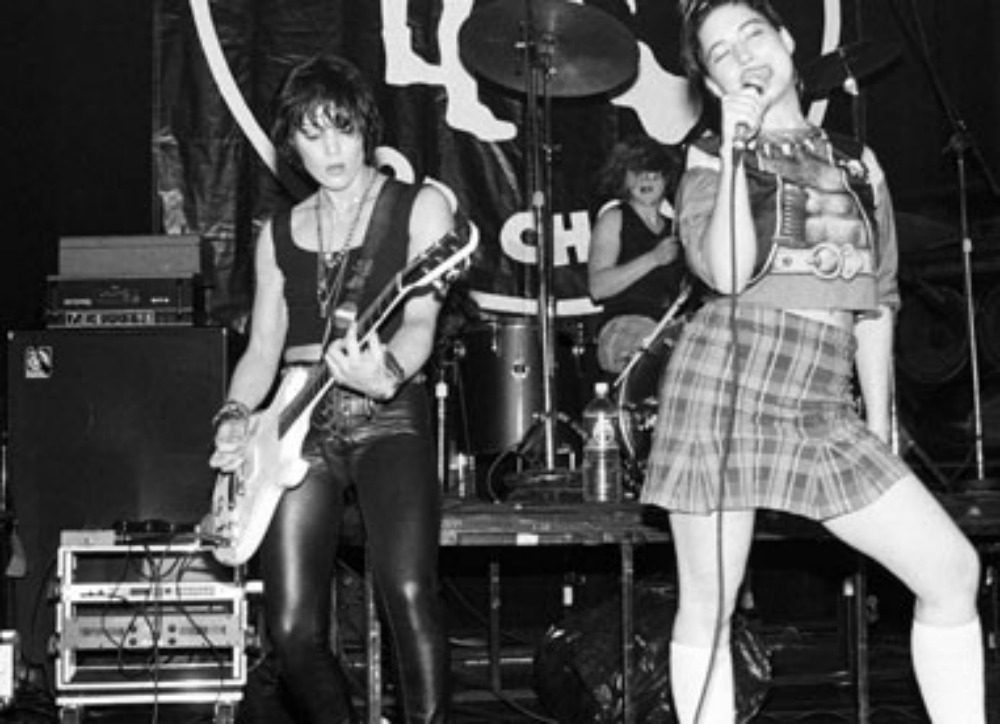AF 2019 IN REVIEW: The Return of Bikini Kill


Nineties vibes are at a fever pitch in 2019 and women’s rights are still at stake, though the ripple effect of the original Riot Grrrl movement continues. For feminists who’ve repeatedly seen women demeaned without consequence during the Trump era, the passion of punk is vital. Luckily, Bikini Kill is back to arm another generation for Revolution Girl Style Now. It might be a coincidence that Bikini Kill formed — and reformed — within a few months of the congressional testimonies of Anita Hill and Dr. Christine Blasey-Ford. But the band’s second iteration isn’t a feel-good nostalgia trip — it’s a call to action by a band of punk superheroes fighting misogyny.
Old school riot grrrls gasped in excitement in January at the news that Bikini Kill would reform to play a few dates in London, LA and Brooklyn, with a headlining Sunday spot at Riot Fest Chicago in mid-September. I was transported back to a day nearly 20 years ago, when my mom interrogated me about my Kill Rock Stars mail order catalog – I eventually bought The C.D. Version of the First Two Records from the label, but opted to have it shipped to the house of friend with chiller parents. He listened to that Bikini Kill record and told my crew of skateboarding stoner friends that it sucked. So, until I met like minds in college, I kept the band’s music to myself. Info on Bikini Kill was not abundant on a farm in the central Midwest – it was just me and the CD. But there was a lot to that CD – from Kathleen Hanna telling white boys to “just die” to the validation of singing “I’m so sorry that I’m alienating some of you/Your whole fucking culture alienates me” right along with her. It was basically my gloriously rebellious introduction to ’90s-era radical feminism.
In 2019, I just had to travel 2.5 hours south to Chicago to experience the show — and attend to a sizeable outdoor music festival, which I hadn’t felt the energy to do in about five years. Bikini Kill was the only band that’s ever given me reason to make it to Riot Fest, despite one of my best friends attending without fail every year. But this year, I couldn’t miss it.
I was immediately glad I’d made the trek; the effects of Bikini Kill’s first incarnation were on full display just inside the gates, where a group called OurMusicMyBody handed out buttons to raise awareness about sexual harassment in the music scene and promote “fun and consensual music experiences for all.” The booth bore a handmade sign parodying Wu-Tang Clan’s C.R.E.A.M. that read “Consent Rules Everything Around Me” (the remaining members of the legendary NYC rap collective had headlined Riot Fest the night before). Vendors hawked T-shirts with feminist slogans, which would have been taboo 25 years ago. Bikini Kill helped normalize this resistance. In a crowd full of women wearing whatever they fucking wanted, the joy in freedom was palpable.
Mere hours earlier, Against Me! And Patti Smith had performed (separately) as a new generation of riot grrrls moshed and screamed along to anthems that spit in the face of the patriarchy. The original members of Bikini Kill, with guitarist Erica Dawn Lyle standing in for guitarist Billy Karren, took the stage with the gusto of a group that had never left it. Style icon Hanna donned a holographic silver dress, hot pink tights and her trademark high ponytail and side-swept bangs. As the band rolled through their quick and dirty anthems, drummer Toby Vail took a turn at the mic in a short, tight dress.
The monumental set included songs that were revolutionary at the time, though their subject matter might seem commonplace today – songs about normalizing women’s pleasure (“I Like Fucking,” “New Radio,” “Don’t Need You”) and critiquing slut shaming, decades before it was a widely known concept (“Rebel Girl”). Bikini Kill also rolled through “Jigsaw Youth” and “Resist Psychic Death,” which encourage listeners to thwart the status quo and live authentically – very apropos in late capitalism.
During Bikini Kill’s first go-round, men — and some women — would attend Bikini Kill shows solely to hurl insults at the band. Those men didn’t dare show up in 2019. During the set, Hanna requested that straight white cis men in the audience notice the space they’re taking up and who around them might need more space to feel safe. She stopped saying “Girls to the front,” she told Pitchfork, in part because she didn’t want to misgender anyone, and also because the audience majority was now femme presenting.
The DIY origins of Bikini Kill encouraged women to start their own bands, create their own zines and be their own culture. And many have taken up that mantle. Compared to the ‘90s, technology in 2019 is a DIY wonderland: digital recording technology, streaming, printing. And people are using it to disseminate girl-style revolution. Bikini Kill’s underground hit “Rebel Girl” is now a staple of Girls Rock Camps across the world (and was even featured in Guitar Hero spin-off game Rock Band 2). Yet there’s always more work to be done.
I left Riot Fest giddy with the teenage satisfaction of seeing my heroes headline a festival. I was invigorated by the energy of a new generation of young feminists with ever so many more resources than just the CD I had mail-ordered from Kill Rock Stars. I also exited the festival grounds knowing I couldn’t safely take public transport home or stray too far from main thoroughfares, particularly in a short dress and knee socks – empowerment goes a long way, but there’s still so far to go. May Bikini Kill’s baker’s dozen of 2020 tour dates reenergize first-gen riot grrrls to continue our work and introduce our younger siblings to an ethos that will incite change and freedom over time.

